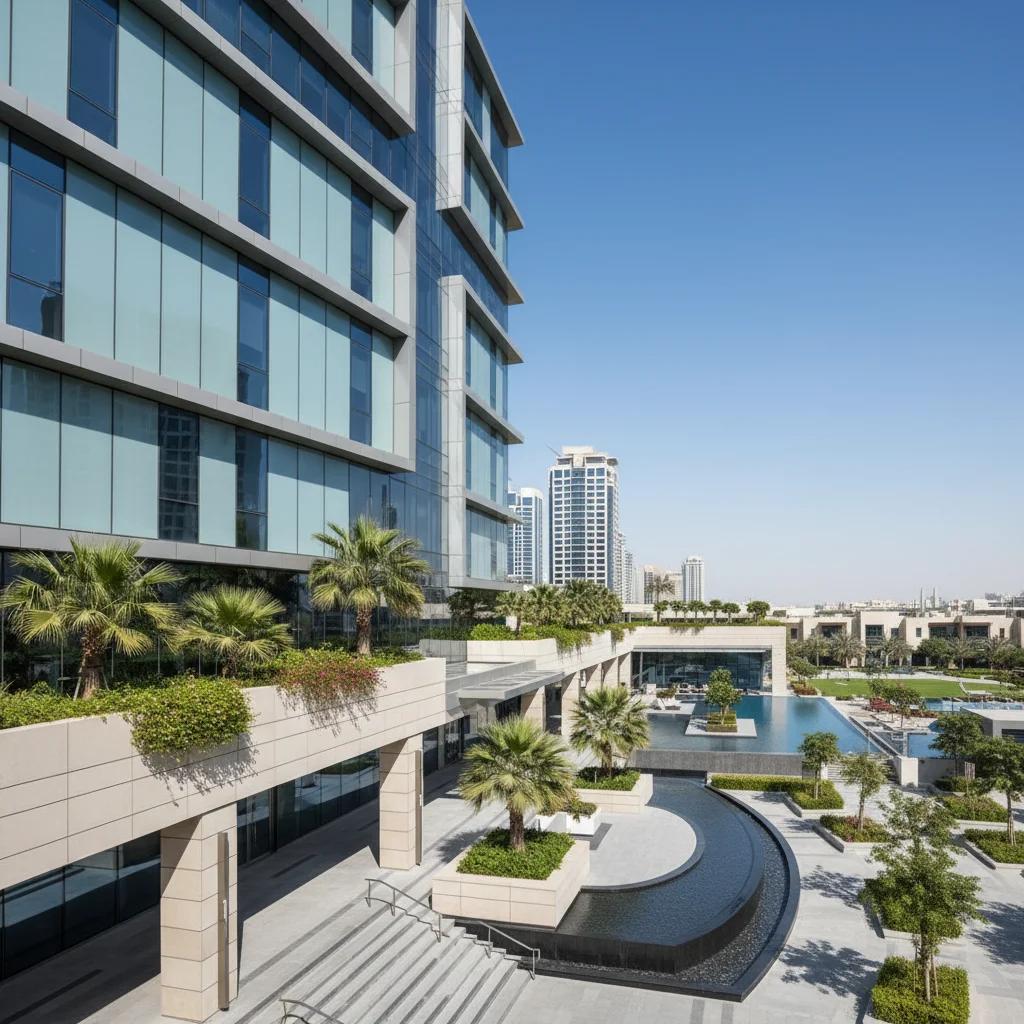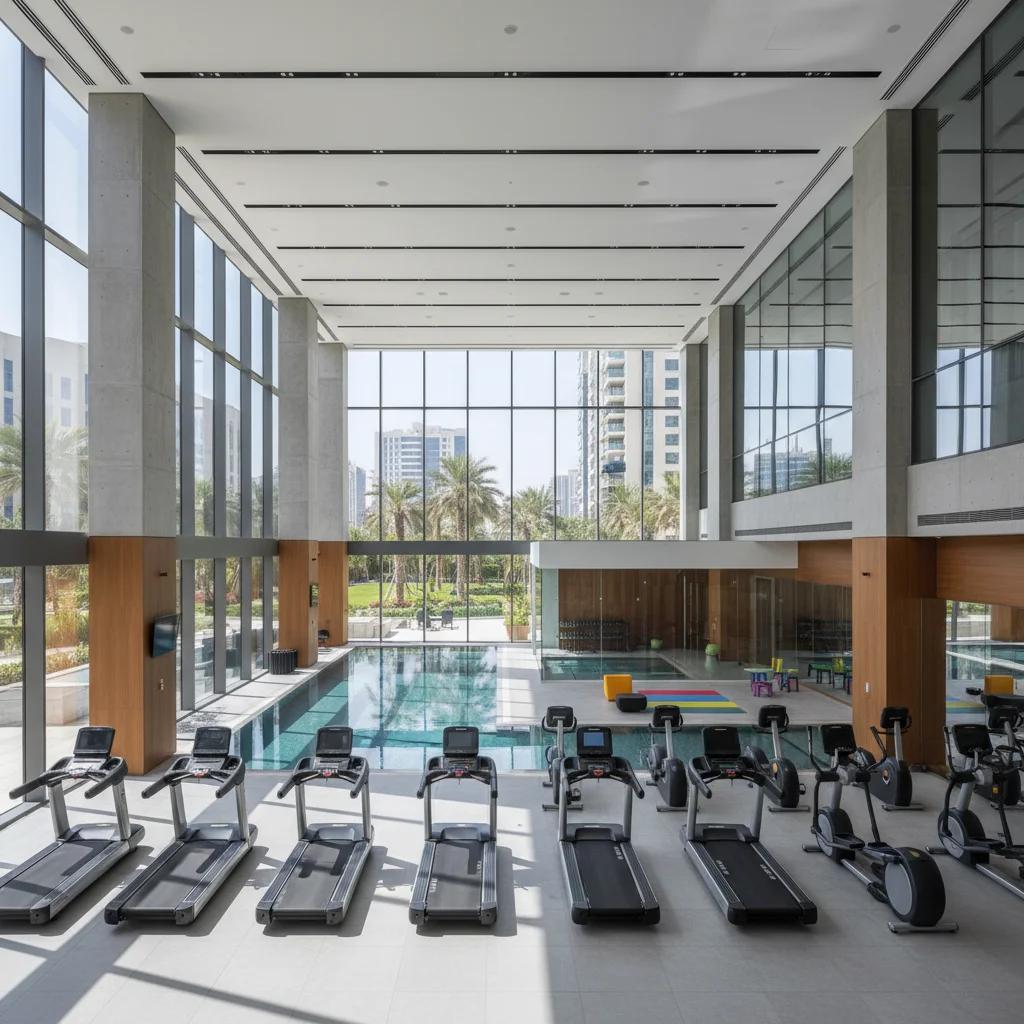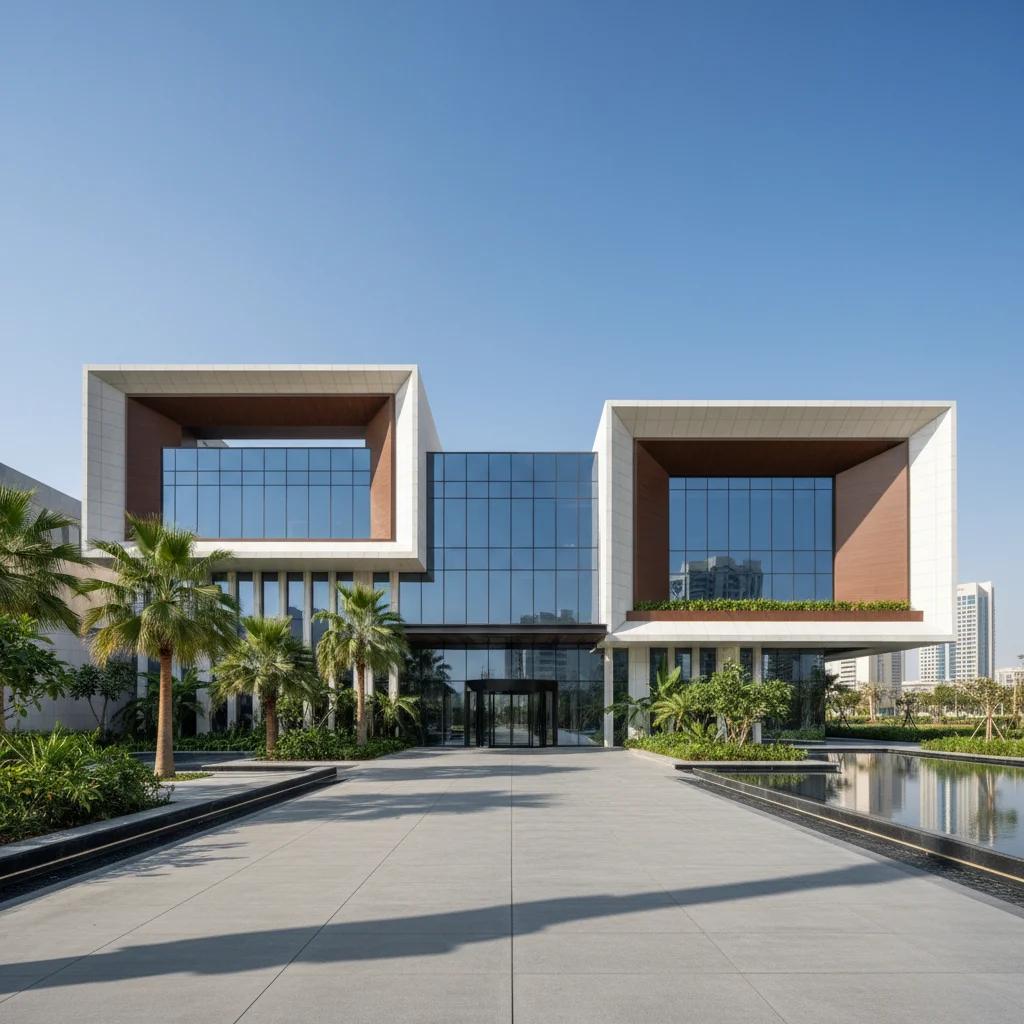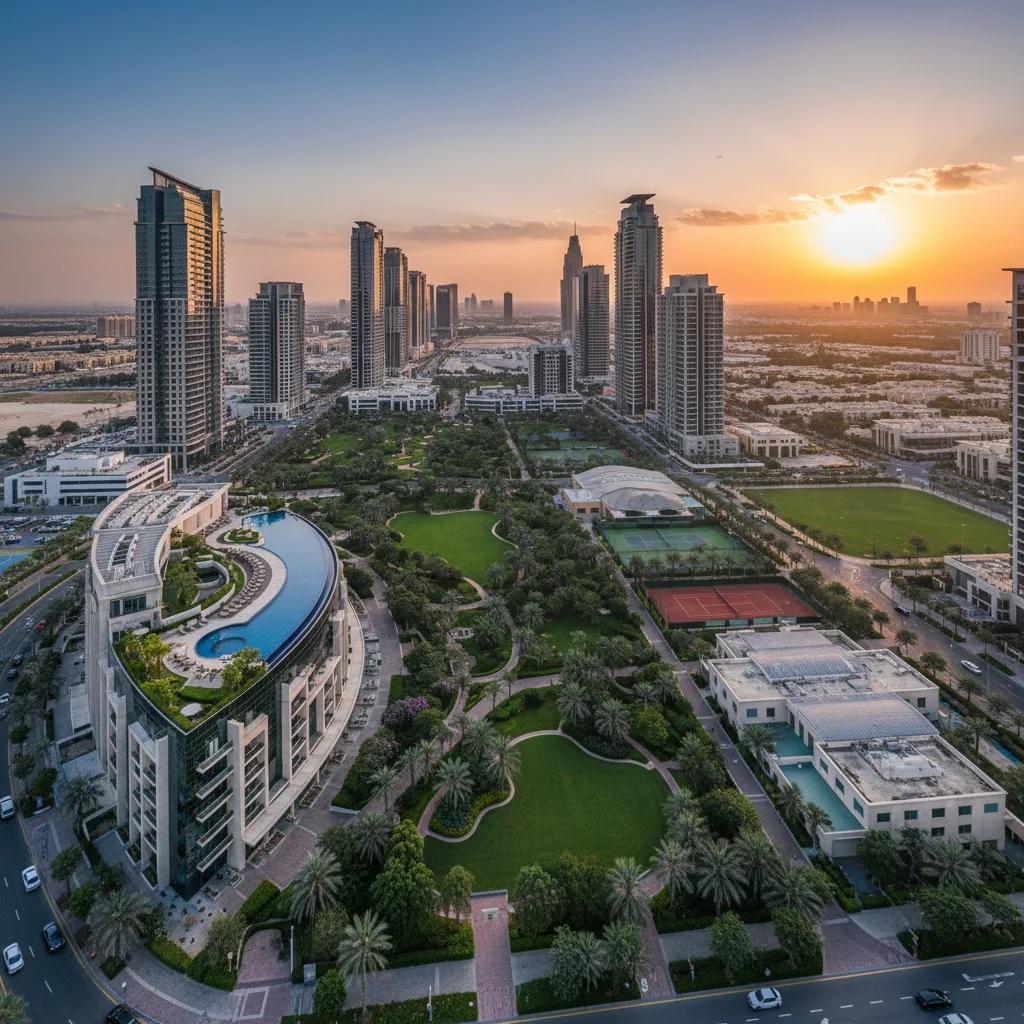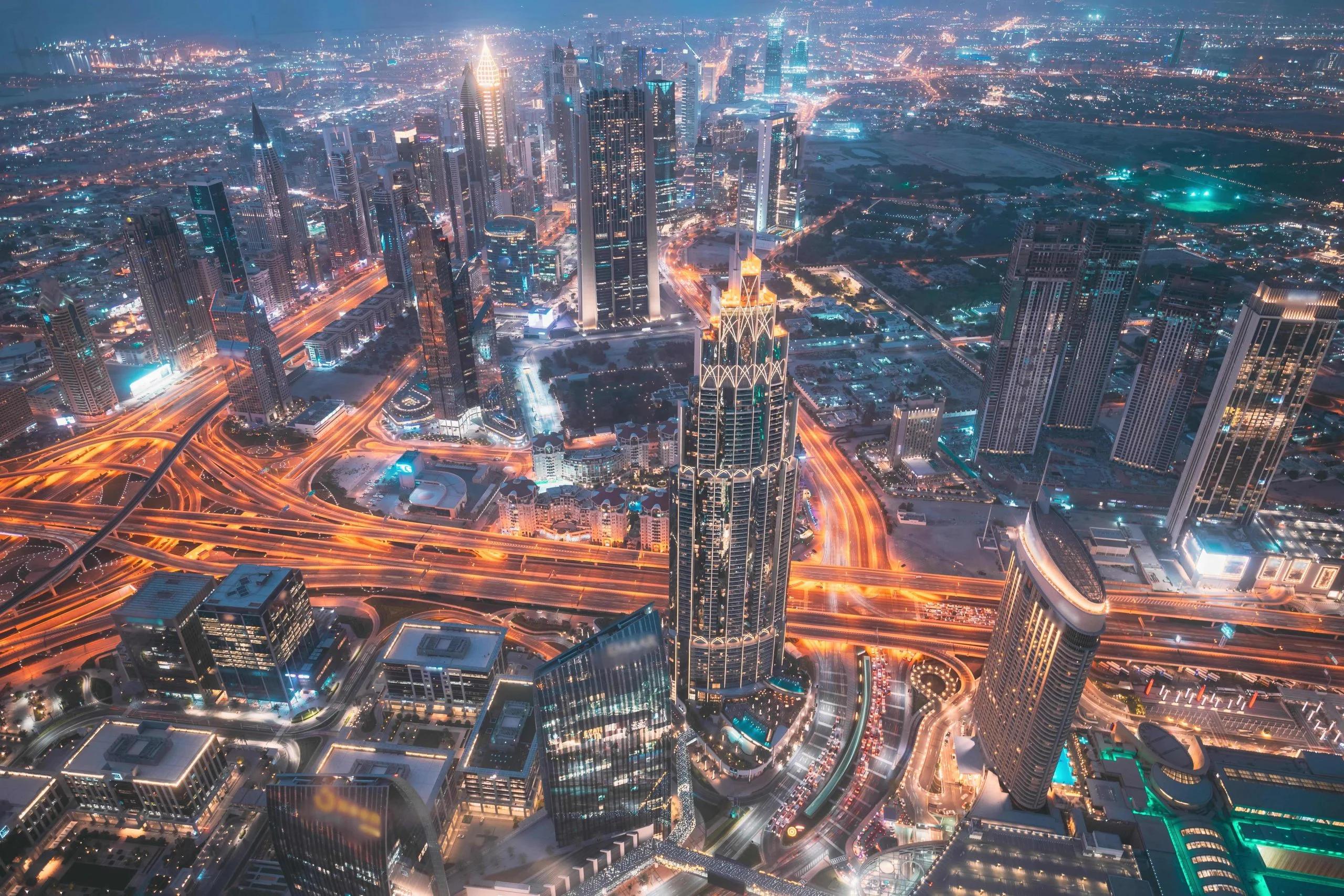
How Affordable Is Living In Dubai?
Planning on moving to Dubai? You are not to blame! This city has a lot to offer. If you are skilled enough, you will definitely be rewarded with the best opportunities ever. However, it also offers high-end goods and activities. Those might not be helpful with your saving plan, right? So, you might be wondering about the cost of living in Dubai. In this article, we will tell you more about the matter and try to show you how much it could cost you to shift to the city of your dreams. The basic living expenses in Dubai, including accommodation, utilities, groceries, etc., are covered in this article.
What’s living in Dubai like?
Due to its wealth of opportunities, luxurious lifestyle, and safe environment, Dubai is a thriving and active city that draws visitors from all over the world. Families, couples, and single professionals all like to live there. But many individuals want to know how much it will cost to live in Dubai before making that decision. Fortunately, Dubai offers its citizens the freedom to lead a modest or extravagant lifestyle as they like.
Rent and utilities
Well, rent in Dubai varies greatly. Many factors come into play regarding this matter. The first of which is the kind of accommodation you hope to settle into. If you are aiming for a modern apartment in a skyscraper in the middle of the city, be prepared to pay more. Yet, you can go to the outskirts where rental rates are lower. For example, renting in Dubai Marina, Business Bay or Jumeirah Beach Residence will cost you 100,000 to 140,000 AED a year in average rent, while renting in the Al Qusais or Mirdif areas will cost you half the price for a two-bed flat. But if you are planning to buy a place of your own, it’s a whole different story. In either case, you’ll have to deal with the Dubai Land Department (DLD) at a certain stage.
The electricity and water utilities are managed by Dubai Water and Electricity Authority (DEWA). When you move into a new apartment or housing, you need to take a new DEWA connection. A deposit has to be paid for taking the connection which will be refunded when you disconnect DEWA. 2000 AED for apartments, 4000 AED for villas and another 130 AED as supply activation fees. The average electricity and water bills are going to be 1000 AED to 1400 AED for couples. For a family with more than 2 or 3 children, it will cost them 2000 AED to 4000 AED. For singles living in shared space, most utilities are covered in the rent.
The seasons will also have an effect on your bills. Once the summer is over, you won’t have to run the a/c as much, so the utility bill will also come down. Check whether or not your job covers the expenses of rental, as you are supposed to pay for the entire year in addition to paying a security deposit. One last thing to add is that you can consider sharing the place with some friends so that you can divide the costs among yourselves.
Transportation
Living without a car in Dubai is not easy. It is true that buying a car means paying a lot, but there are different options to consider. You can rent a car on a monthly basis or use taxi-hailing apps. If you still find these options a little bit expensive, you can use public transportation like buses, Dubai Tram, waterbus, and the Dubai Metro. Residents can use all public transportation systems in Dubai using an NOL card. You can load the card with a prepaid amount (minimum of 7.50 AED and a maximum of 1000 AED) and use it to pay for public transportation, including taxis. If you are planning to be a frequent traveller on the Dubai metro, you can avail of the season pass.
nol Card Season Ticket Prices
| Product Type | SILVER | GOLD | STUDENT | SENIOR | ||||||||
| 1 Zone | 2 Zones | All Zones | 1 Zone | 2 Zones | All Zones | 1 Zone | 2 Zones | All Zones | 1 Zone | 2 Zones | All Zones | |
| 7 Days | 50 | 80 | 110 | 100 | 160 | 220 | 25 | 40 | 55 | 25 | 40 | 55 |
| 30 Days | 140 | 230 | 350 | 280 | 460 | 700 | 70 | 115 | 175 | 70 | 115 | 175 |
| 90 Days | 330 | 550 | 830 | 660 | 1100 | 1660 | 165 | 275 | 415 | 165 | 275 | 415 |
| 365 Days | 1060 | 1770 | 2670 | 2120 | 3540 | 5340 | 530 | 885 | 1335 | 530 | 885 | 1335 |
Dubai Metro has two lines and is one of the greatest rail systems in the world, but unfortunately, it still does not connect all Dubai areas. But in the future, it will be. Another unforeseen expense in Dubai is being fined for any misdemeanour that will cost you dearly based on the offence. The traffic fines are very heavy for even cars. A normal over-speed ticket can set you back by 600 AED.
Another piece of good news is that petrol in Dubai is not expensive (great for those planning to get a car as soon as possible) and that a monthly pass for the metro is about 300 AED only.
Daily Expenses
Well, now that we have told you all about housing and transport costs, let us talk about daily expenses. You can choose to eat at restaurants or cook your own food. The latter option is undoubtedly less expensive, but that does not mean you cannot enjoy some nights out. Dubai has something to suit every pocket! As for groceries, local options are less expensive than imported ones.
For a couple, the average cost of groceries per month will be around 1000 AED and for a family of four, 2000 AED. For singles, groceries will cost around 500 AED per month. One point to keep in mind is that the malls’ options for clothes, accessories, and cosmetics are more expensive than in neighbouring Abu Dubai.
Medical Expenses in Dubai
When it comes to medicine, you can either get private insurance or take the one that your job offers. It is true that the first option is more expensive, but it gives you quick access to the high-quality healthcare system in Dubai. Medical insurance is mandatory for all residents in the UAE. A basic health insurance policy with an essential benefits plan starts at 600 AED. As the plan becomes more comprehensive, the cost also goes up. The health insurance that the job offers doesn’t give you much choice regarding insurance providers.
Final Thoughts
Although these are the essential prices that almost all residents of Dubai will encounter, it’s crucial to remember that additional fees may arise based on your lifestyle. At least two or three vacations are taken annually by many expats in Dubai, whether they be trips back home or explorations of new places. A family’s cost of living in Dubai will also increase if parents decide to enrol their kids in an after-school activity year-round or in vacation camps during school holidays.
One good side that we have not mentioned in our article yet is that Dubai imposes minimal taxation on your salary, which is often good. However, you need to make a plan regarding the other expenses that we have talked about so far.
